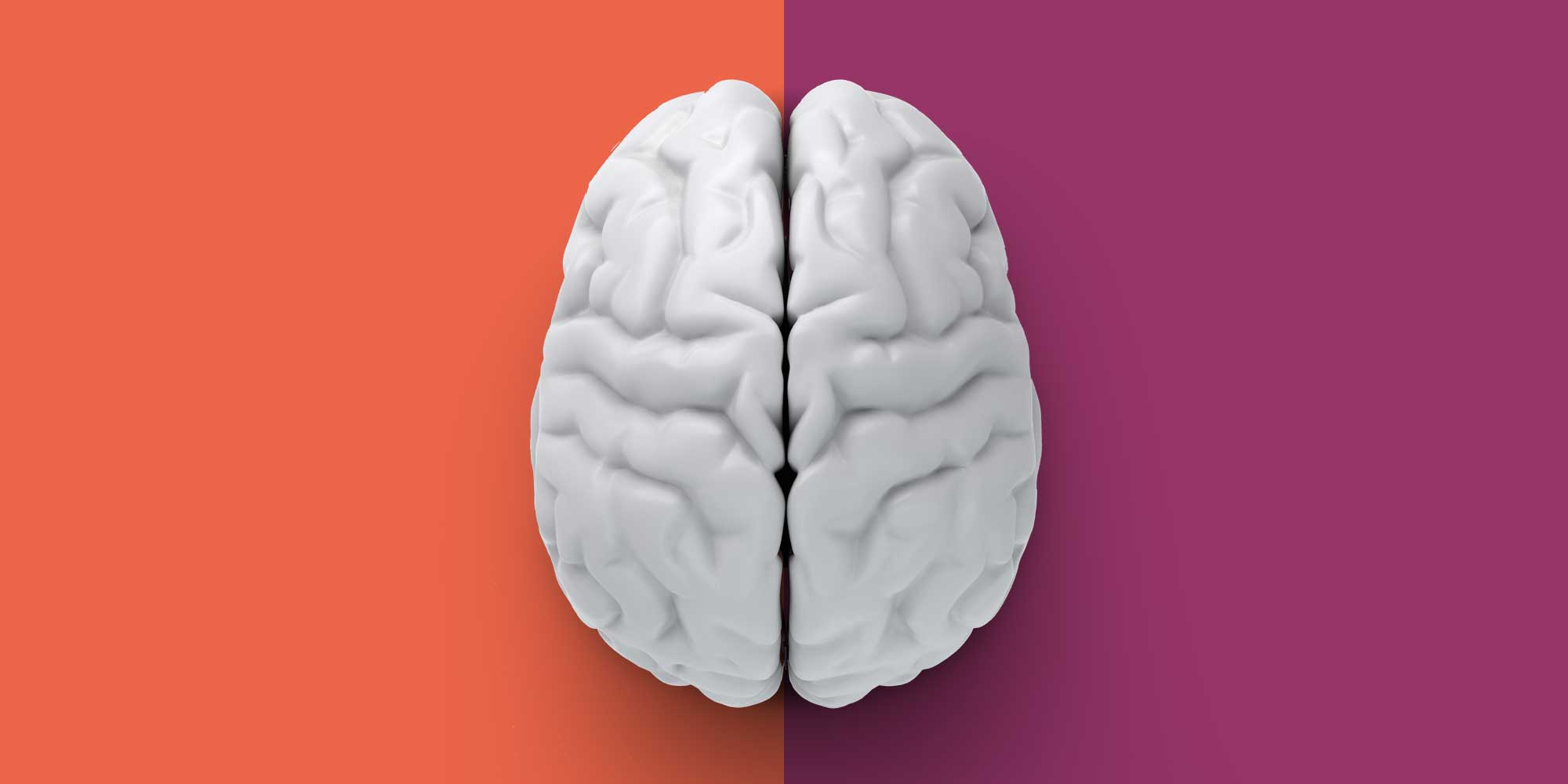
I completed my addiction fellowship in 2006, here at the University of Colorado School of Medicine, and then went to Hawaii to pursue an additional fellowship in addiction medicine research and then became the assistant addiction fellowship director under William Haning, MD at the University of Hawaii John A Burns School of Medicine. While there I was given the opportunity to participate in a National Institute of Drug and Alcohol national clinical trial. Interestingly, while serving in these academic roles, I was given the opportunity to serve as a psychiatric consult for a private, for-profit, abstinence-based residential program.
When my wife and I moved back to Denver, I had the opportunity to work in various public health agencies (Denver VA, Arapahoe Douglas Mental Health) as well as an academic and private for-profit inpatient program (CeDAR on the CU Anshutz Medical Center) as an addiction psychiatrist. I have served as a psychiatric consult to several private abstinence-based programs as well as served as medical director for several methadone/harm reduction clinics.
These various clinical experiences and academic/research roles, began to shape my professional and treatment philosophy. I felt compelled to give “voice” to this philosophy in the form of a clinic that specializes in substance use disorders and co-occurring psychiatric illnesses.
We picked the name The Mind Store for our clinic because it means “one who is worthy” in Sanskrit. We felt that our patients needed to be reminded that they are worthy human beings because the label of “addict” caused them to forget this.
In medical school we are taught to think of our patients in their entirety, not as “cases.” The current understanding of addictions is that it is a chronic medical illness with strong biological, genetic, and psychological underpinnings, much like hypertension and diabetes; just as hypertension and diabetes have an approximate 40-60% genetic/biological underpinnings and 60-40% behavioral aspect to these illnesses, alcohol and drug addictions are thought to have this same 40-60% split in biology/genetics versus behavior.
In medicine, we are taught to avoid calling our patients “diabetics” or “hypertensives.” In the field of addiction treatment, however, we continue this tradition of defining a person based on their one disease. It is estimated that 70% or more of patients with addictive disorder have a co-occurring psychiatric disorder, usually a depressive or anxiety disorder. Furthermore, a significant percentage of patients with substance use disorders have experienced traumatic events, either preceding the phenotypic manifestation of their genetic vulnerabilities to addictions or during the expression of their genotypes. This suggests that we need to treat all of our patients’ psychiatric and psychological illnesses simultaneously.
Just as other physicians don’t tell patients “we will be happy to treat your hypertension as soon as your diabetes is under control” we don’t tell patients in our clinic to come back as soon as their substance use disorder or psychiatric illnesses are under control. Our treatment program is designed to address all of our patients’ psychiatric and psychological illnesses simultaneously. Our treatment philosophy and the name of our program is set up to remind our patients that there is more to them than just their illness; they are people in our eyes not “addicts” or “alcoholics.”
– R.M.
"Dr. Park is an extremely knowledgeable and patient doctor. He will work with the patient until the very end, providing all the services on his end that he has. It's always a joy to see his smiling face and meet with him. I hope he practices forever."